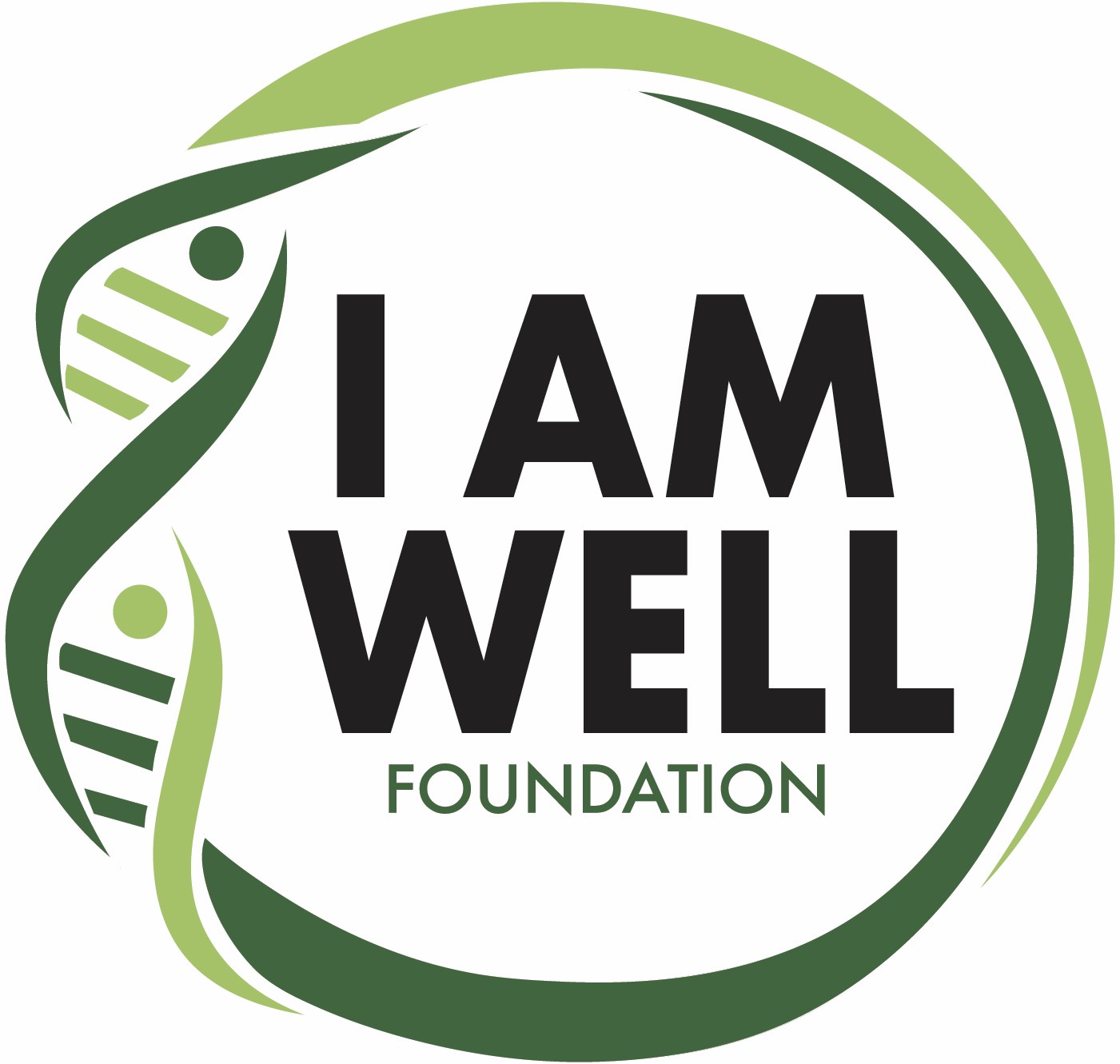BONDING
One of the most important aspects of human beings is the need to feel a part of something bigger than us. Bonding refers to the degree to which we are able to make intellectual, spiritual, physical or emotional connections to others. Our sense of well-being is often tied to our ability to make commitments and form healthy attachments with a variety of social groups, including romantic relationships, friends, family, neighbors, the communities in which we live, and the larger society as a whole. Bonding requires trust and a positive perception in the social system to which we are connecting. Maintaining those bonds requires reciprocity – the feeling that one is accepted by and integrated into the social system.
Bonding can be felt on the physical, mental, spiritual or emotional levels, and bonding can change over time. Our bonds can grow deeper or lessen over time as both the individual and the social system evolves. In some cases, our bonds need to completely detach. When our bonds do not evolve at the same level as the relationship, the attachment can become “toxic”, or unhealthy. When toxic bonds are present, there is often a great deal of emotional conflict. These are a sign the bonds need to evolve into a different type of relationship or be removed.
Signs of Optimal Health & Wellness
Thriving occurs when healthy bonding to others is present. Indicators of thriving include:
-
A feeling of being valued, heard and trusted
- A shared feeling of mutual consideration and respect
- Ability to have disagreements and a commitment to resolve them
- A sense of safety in the relationship
- A sense of being on equal standing in the relationship
Warning Signs
When bonding is not present, or the bonds have become toxic, warning signs can appear:
-
No desire to bond
-
Conflicts seem to be unable to be resolved
-
A feeling of being unable to be open and honest, or to speak your truth
-
High levels of stress and anxiety when thinking about the connection or bond
-
The development of a power-based dynamic within the relationship in which physical, mental, emotional or spiritual abuse is used to maintain the relationship
- A sense of feeling isolated
- Drifting into unhealthy or criminal behavior
- Feelings of shame
SELF EVALUATION
When we’re in healthy relationships with others, we often feel supported, cared about and committed to. In addition, we often feel readily able to offer support, care and commitment in return.
When signs of warning are present, it can be helpful to ask yourself some important questions: Do I feel safe? Do I feel valued? Do I feel stress or anxiety when thinking about this relationship?
In addition, it’s important to note some warning signs may be present due to a medical inability to bond. This can be a result of hormonal issues or damage to oxytocin receptors in the brain.
SELF-CARE
- Evaluate the relationship to determine if it needs to evolve or change. For example, does your commitment level need to change to reflect the commitment level of the other party?
- Learn more about the signs of healthy relationships.
GET SUPPORT
When warning signs are present it may be time to seek support. When prolonged conflict or abuse is present, it’s important to get support immediately.
EMERGENCY
If you or someone you know is being physically abused:
- Dial 911; or
- Go the nearest hospital emergency room
